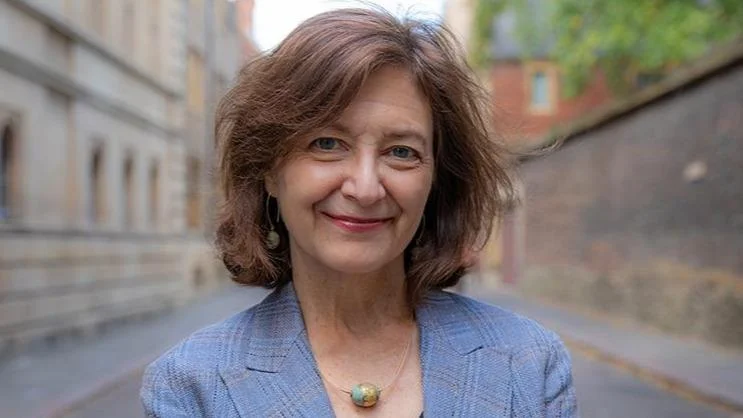The University of Cambridge has introduced a new civic approach aimed at strengthening its relationship with the city and ensuring that the benefits of regional growth are more widely shared. This initiative follows a comprehensive consultation process, during which 1,700 local residents provided feedback on their perceptions of the University and opportunities for collaboration.
The findings from this listening exercise have been published in a report titled ‘People, Place, Partnership: Civic priorities for the University of Cambridge.’ The report, along with a new Civic Framework to guide future engagement, was launched at an event led by Vice-Chancellor Professor Deborah Prentice.
According to the University’s consultation, 88% of respondents recognized the University’s positive contribution to the area. However, some participants described the institution as distant and difficult to access, citing physical barriers and traditions that could be intimidating.
In response to calls for greater community access to University facilities, one of the first actions under the new Civic Framework will be to explore ways to make University spaces more welcoming and accessible for local residents. The University also plans to focus on skills development for young people across the region and is participating in discussions about how this can be achieved through collaboration.
Professor Deborah Prentice stated: “Two realities of Cambridge have long coexisted – one unfolding behind the ancient walls of Colleges and laboratories, another woven through the daily life of a vibrant yet unequal city.
“Cambridge today is changing rapidly – growing in size, diversity, and ambition. The University is playing a part in that growth, and with that comes responsibility. Our mission is to contribute to society through education and research of the highest international quality, and this mission starts here, in this city. The impact we seek globally must be grounded locally – in the wellbeing of the people, the vibrancy of the communities, and the sustainability of the environment we share.”
Kathryn Chapman, Executive Director of Innovate Cambridge, said: “For Cambridge to truly thrive, its innovation success must go hand in hand with fair and inclusive growth – so that everyone benefits from the opportunities it creates. Innovate Cambridge welcomes the University’s Civic Framework as an important step towards stronger collaboration with local communities and partners, and we look forward to building a more connected, equitable, and vibrant city together.”
The consultation included online surveys, interviews, workshops, and focus groups involving residents, community organizations, businesses, local authorities, University staff, and students. The online survey received 1,390 responses, mostly from long-term Cambridge residents. While 71% felt connected to the University, nearly 20% reported feeling disconnected from its resources and influence.
The Civic Framework outlines areas where the University can realistically drive change and aims to strengthen partnerships with local institutions and communities. Jo McPhee, Civic Engagement Manager at the University of Cambridge, said: “The Civic Framework is a starting point for deeper collaboration with our communities. It reflects what we’ve heard and sets out shared priorities. Our aim now is to work with partners to shape meaningful civic activity together. We’re committed to realistic, focused action and to being transparent about what we can and can’t do. We invite local organisations, community groups, and individuals to connect with us as we begin this next phase of civic work.”
The Framework is intended to complement existing local engagement activities such as staff and student volunteering, charity collaborations, shared spaces at developments like Eddington and West Hub, transport initiatives including the Universal Bus, events like Open Cambridge, and public access to museums and collections.

